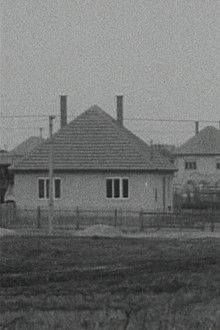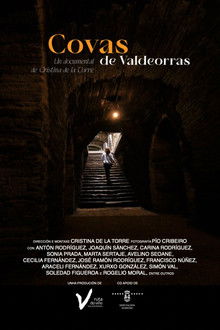By telling the human stories behind the entire value chain that gives life to the Spanish wine with the greatest international projection, ‘Rioja, Land of the Thousand Wines’ portrays a currently blooming wine region underpinned by the talent and the work of the new generations of winemakers that operate side by side with the region’s historic wineries. The film puts the focus on the match between territory and product, wisdom and tradition, and lays a bridge between the origins and the future of Rioja. An immersion into a fascinating world that, through captivating cinematography and careful editing, attempts to find the keys to understanding what Rioja wine is and what makes it so special.
Related Movies
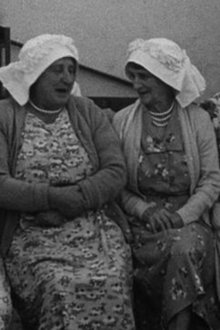
The Coast of Commerce (1962)
Take a revealing tour along a coast of contrasts, from the folksy freshness of Whitby to the coaly Tyne, queen of all rivers.
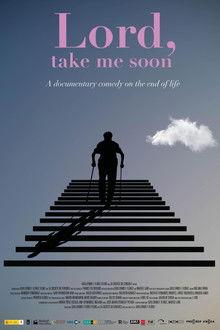
Lord, Take Me Soon (2025)
Carmen's life has been a quixotic comedy; surviving the war, becoming a nun, getting divorced in a conservative society, and having numerous lovers, always defying the rules. Now, at 86, she is planning her suicide. The film follows her final days, exploring her bond with her adopted son, as well as her journey to face death on her own terms.
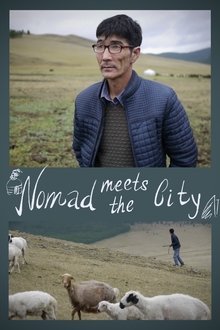
Nomad Meets the City (2020)
Currently Mongolia’s capital has 1.5 million inhabitants - half the population of the country. 50-year Tumurbaatar is only one of many coming to the city to fulfil their dreams of a better life.
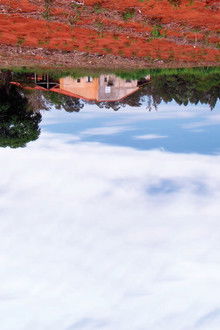
Remember me? (2023)
Shot on the farm of the Director's grandfather, the short film "Remember me?" shows how certain places can be sources of great inspiration and nostalgia.
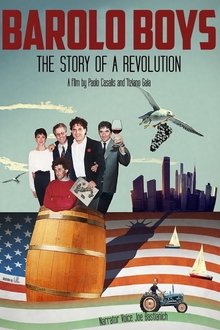
Barolo Boys: The Story of a Revolution (2014)
The story of a group of friends, the "rebel boys" who made italian wine become so great, between generational conflicts, brilliant insights and never silenced controversies.

Susana y el sexo (2021)
The story of iconic Spanish artist Susana Estrada's struggle against censorship and sexual repression during the turbulent years following the death of dictator Francisco Franco.
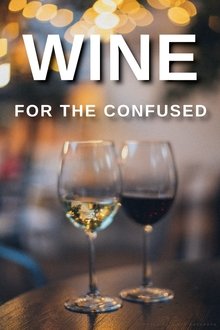
Wine for the Confused (2004)
Wine is confusing…overwhelming even. So where do you start if you want to learn more about it? Join John Cleese on an entertaining and personal look at the world of winemaking and discover: how to find wines that taste good to you, how to make sure you get the best value and how to keep and serve wine at home.

Orson Welles in Spain (1966)
Orson Welles pitches to potential investors his vision of a largely improvised bullfighter movie about an existential, James Dean type troubadour who sets himself apart from other matadors. In front of an audience of wealthy arts patrons, Welles pontificates on the state of cinema, the filmmaking process, and the art of bullfighting.
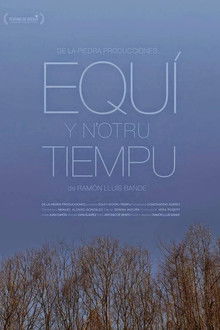
Equí y n'otru tiempu (2014)
Between October 1937 and November 1952 hundreds of Republican supporters took to the mountains of Asturias with two main objectives: to save their lives, and to continue their armed resistance against Franco. Many of them would die in those mountains. This film is centered on filming the places in the present where the major figures of the Asturian Guerrilla Group were killed.
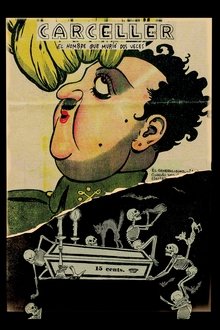
Carceller, the Man Who Died Twice (2021)
The life story of Vicente Miguel Carceller (1890-1940), a Spanish editor committed to freedom who, through his weekly magazine La Traca, connected with the common people while maintaining a dangerous pulse with the powerful.
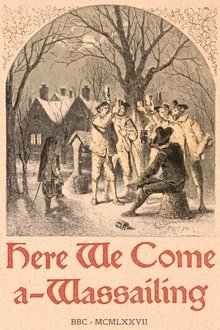
Here We Come A-Wassailing (1977)
A documentary on the surviving syncretic pagan midwinter customs of the British Isles, focusing on nine ritual celebrations ranging from the Moray Firth in the north, the Somerset Levels in the south, Humberside in the east, and County Kerry in the west. Featuring music by the Albion Band and narration by John Tams.
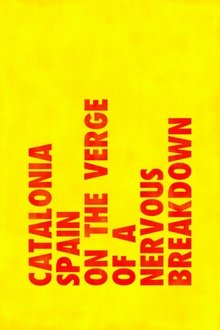
Catalonia: Spain on the Verge of a Nervous Breakdown (2017)
A serious crisis has shaken Spain since the referendum on self-determination and the proclamation of the independence of Catalonia by the government of Carles Puigdemont, bold actions firmly fought by the Spanish government by applying the constitutional article that allows it to place a region under guardianship. While Spain is on the verge of implosion, Europe is holding its breath.
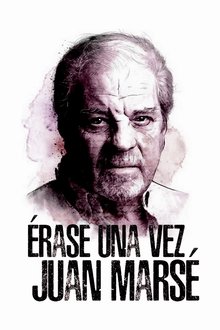
Érase un vez Juan Marsé (2010)
On the occasion of awarding the Cervantes Prize to the Catalan writer Juan Marsé on 23 April 2009, family members, friends and writers offer a sincere portrait of the best chronicler of life in Barcelona, Catalonia, during the post-war period and the worst days of the General Franco dictatorship, in the forties and fifties, and during the economic development and the hard conquest of freedom, in the sixties and seventies.
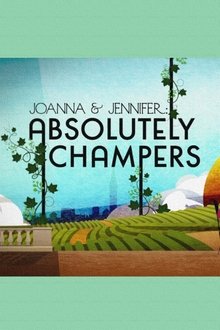
Joanna and Jennifer: Absolutely Champers (2017)
Ab Fab stars Jennifer Saunders & Joanna Lumley share 25 years of friendship. The two funny ladies head to the Champagne region of France to find out how their favourite glass of fizz is made.
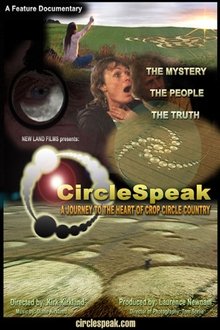
CircleSpeak (2005)
Shot in Southern England over the course of six weeks by a crew of three American filmmakers, CircleSpeak offers a nuanced look at the passions and beliefs of the people immersed in the crop circle phenomenon during the season of 2001. This feature-length documentary presents interviews with serious “researchers”, self-proclaimed “hoaxers”, local farmers and villagers who are all, in one way or another, involved in this strange and compelling summer spectacle taking place year after year.
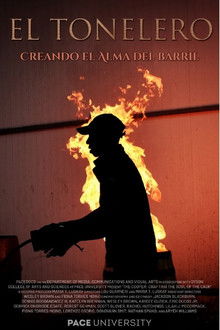
El Tolenero: Creando el alma del barril (NaN)
Exploration of the art of barrel making, which has a rich history dating back to ancient times.
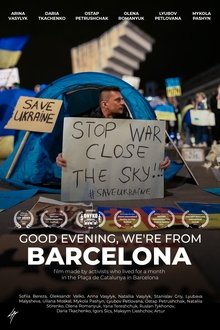
Good evening, we're from Barcelona (2023)
Film made by activists who lived for a month in the Plaça de Catalunya in Barcelona after the start of a full-scale Russian invasion of Ukraine in 2022.

The Two Eighty Project (NaN)
Chris Renfro doesn’t just grow and harvest grapes on a hillside high above San Francisco’s Highway 280 to make delicious local wine. He is dedicated to building a sustainable food community that nourishes every member of the local economy and ecosystem. With the 280 Project’s mission to reclaim space, realize opportunity and revitalize community, Renfro brings both passion and vision to the notion that land ownership is a powerful path to self-determination.
